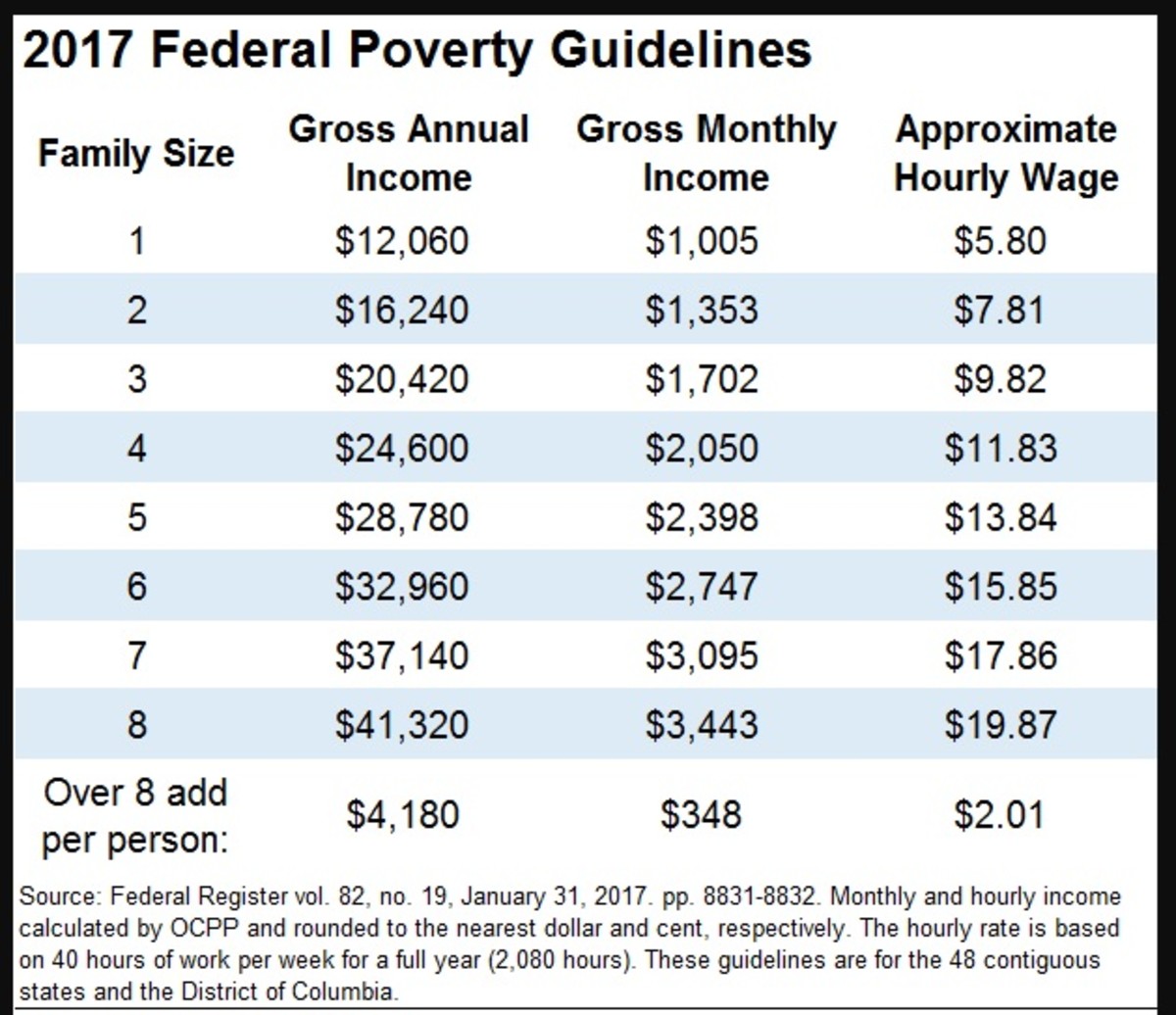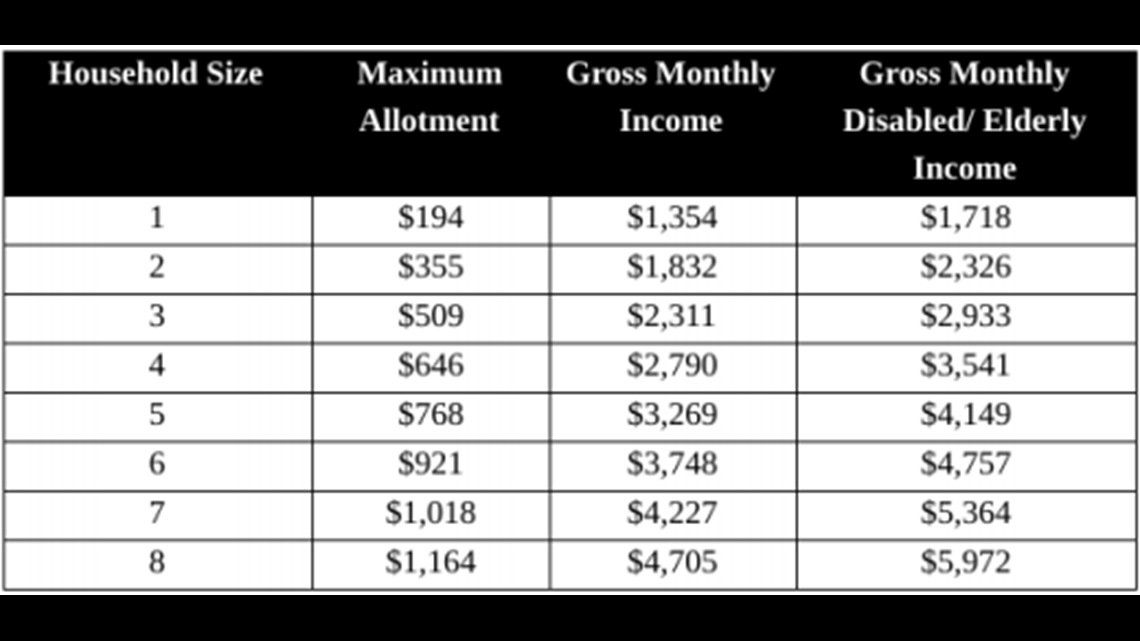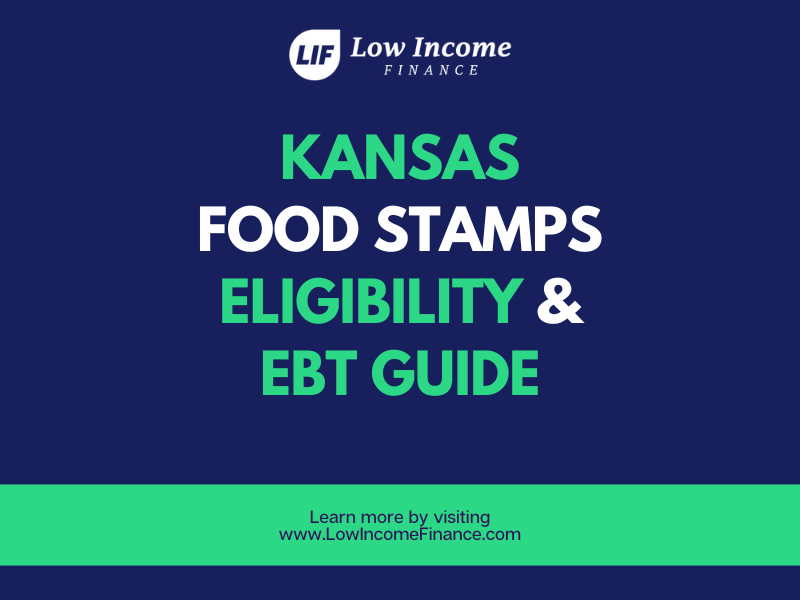Unveiling the Kansas Food Stamp application, this comprehensive guide embarks on a journey to unravel the intricacies of accessing nutritional assistance in the Sunflower State. Embark on this exploration as we delve into the eligibility criteria, application process, and resources available to empower individuals and families in securing food security.
From understanding the program’s benefits to overcoming challenges, this guide serves as a beacon of knowledge, illuminating the path towards a more nourishing future for Kansas residents.
Kansas Food Stamp Application Process

The Kansas Food Stamp program, also known as the Supplemental Nutrition Assistance Program (SNAP), provides financial assistance to low-income individuals and families to help them purchase food. To be eligible for Kansas Food Stamps, you must meet certain requirements and provide necessary documents during the application process.
Eligibility Requirements
- Be a resident of Kansas.
- Meet income and asset limits. Income limits vary depending on household size, while asset limits are set at $2,500 for individuals and $4,000 for couples.
- Be a U.S. citizen or a qualified non-citizen.
- Have a valid Social Security number or a pending application for one.
Application Process
- Apply online:Visit the Kansas Department for Children and Families website to create an account and apply online.
- Apply by mail:Download the Food Stamp application form from the DCF website and mail it to your local DCF office.
- Apply in person:Visit your local DCF office and ask for a Food Stamp application form.
Required Documents
- Proof of identity (e.g., driver’s license, passport)
- Proof of residence (e.g., utility bill, lease agreement)
- Proof of income (e.g., pay stubs, bank statements)
- Proof of assets (e.g., bank statements, stock certificates)
Benefits of Kansas Food Stamps

Kansas Food Stamps, also known as the Supplemental Nutrition Assistance Program (SNAP), offer a range of benefits to individuals and families facing financial hardship. These benefits not only provide immediate food assistance but also have a positive impact on the Kansas community as a whole.
One of the primary benefits of Kansas Food Stamps is the ability to purchase nutritious food. Food Stamps provide monthly benefits that can be used to buy a variety of food items, including fruits, vegetables, dairy products, and whole grains.
This allows individuals and families to access healthy and affordable food, which is essential for maintaining good health and well-being.
Economic Impact
In addition to providing food assistance, Kansas Food Stamps also have a positive economic impact on the Kansas community. Food Stamps stimulate the local economy by increasing demand for food products and services. This increased demand supports local businesses, including grocery stores, farmers’ markets, and food pantries, and helps create jobs.
Studies have shown that every dollar invested in Food Stamps generates an estimated $1.50 in economic activity. This economic multiplier effect benefits not only the individuals and families receiving Food Stamps but also the entire Kansas community.
Resources for Kansas Food Stamp Applicants: Kansas Food Stamp Application

Applying for Kansas Food Stamps can be a daunting task, but there are many resources available to help you through the process. These resources can provide you with information about the program, help you fill out the application, and connect you with other services that can help you meet your food needs.
One of the most important resources for Kansas Food Stamp applicants is the Kansas Department for Children and Families (DCF). DCF is the state agency that administers the Food Stamp program. They can provide you with information about the program, help you fill out the application, and determine if you are eligible for benefits.
You can contact DCF by phone at 1-888-369-4777 or by visiting their website at https://www.dcf.ks.gov/services/food-assistance .
Local Food Banks and Pantries
In addition to DCF, there are many local food banks and pantries that can help you meet your food needs. These organizations provide food to low-income individuals and families, regardless of whether or not they are receiving Food Stamps. To find a food bank or pantry in your area, you can visit the website of the Kansas Food Bank Network at https://www.kansasfoodbank.org
.
Community Organizations, Kansas food stamp application
There are also many community organizations that can help you with the Food Stamp application process. These organizations can provide you with information about the program, help you fill out the application, and advocate for your rights. To find a community organization in your area, you can visit the website of the Kansas Legal Services at https://www.kls.org
.
Social Workers and Case Managers
If you are working with a social worker or case manager, they can also help you with the Food Stamp application process. Social workers and case managers can provide you with information about the program, help you fill out the application, and advocate for your rights.
They can also connect you with other services that can help you meet your food needs.
Answers to Common Questions
Who is eligible for Kansas Food Stamps?
To be eligible for Kansas Food Stamps, individuals must meet specific income and asset limits. Households with incomes below 130% of the federal poverty level and limited assets may qualify.
What documents are required to apply for Kansas Food Stamps?
The application process requires proof of identity, residency, income, and expenses. Acceptable documents include a driver’s license, utility bills, and pay stubs.
How can I apply for Kansas Food Stamps?
Applications can be submitted online, by mail, or in person at local Department for Children and Families offices. The online application is available at www.dcf.ks.gov.
What are the benefits of receiving Kansas Food Stamps?
Kansas Food Stamps provide monthly benefits that can be used to purchase food items at authorized grocery stores. These benefits help individuals and families stretch their food budgets and access a wider variety of nutritious foods.
What challenges might I face when applying for Kansas Food Stamps?
Some individuals may encounter challenges such as transportation issues, lack of documentation, or language barriers. To overcome these challenges, it is recommended to seek assistance from local food banks, community organizations, or social workers.
